- Home
- slideshows
- miscellaneous
- Here's what became of the losers of every presidential election since 2000
Here's what became of the losers of every presidential election since 2000
Hillary Clinton — 2016 Democratic presidential nominee

Tim Kaine — 2016 Democratic vice presidential nominee
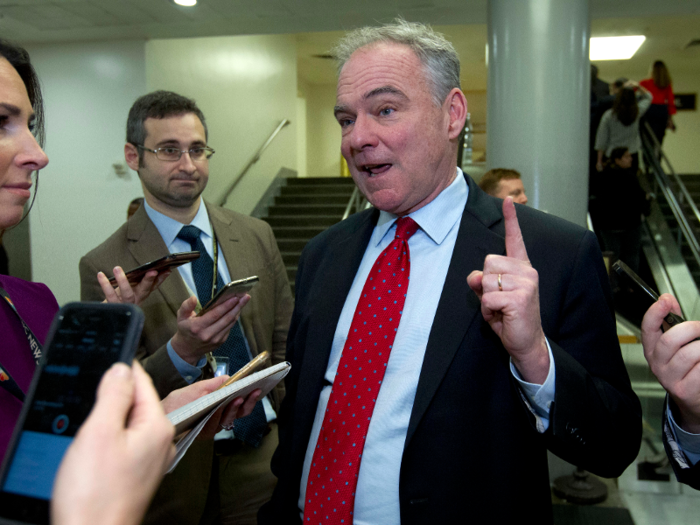
Tim Kaine returned to his work in the United States Senate. In the 2018 midterms, he handily defeated Republican challenger Corey Stewart and coasted to re-election. Kaine has since ruled out running for president in 2020.
Mitt Romney — 2012 Republican presidential nominee
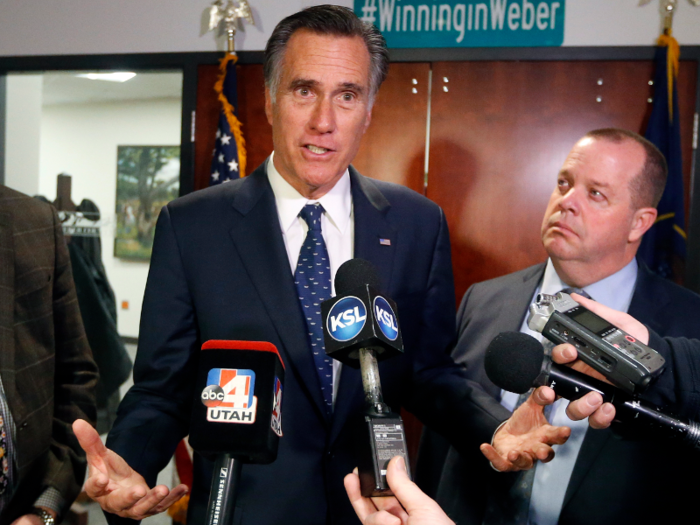
After losing to former President Barack Obama in 2012, Mitt Romney earned large sums of money on speaking tours. Romney then ran for Senate in 2018 to succeed retiring Sen. Orrin Hatch. Now a senator, Romney is a member of the influential Foreign Relations Committee.
Paul Ryan — 2012 Republican vice presidential nominee

Wisconsin Rep. Paul Ryan went on to chair the powerful House Committee on Ways & Means after losing the 2012 election. In 2015, Ryan reluctantly became speaker of the House until the end of 2018, when he chose not to seek re-election after 20 years in Congress.
John McCain — 2008 Republican presidential nominee
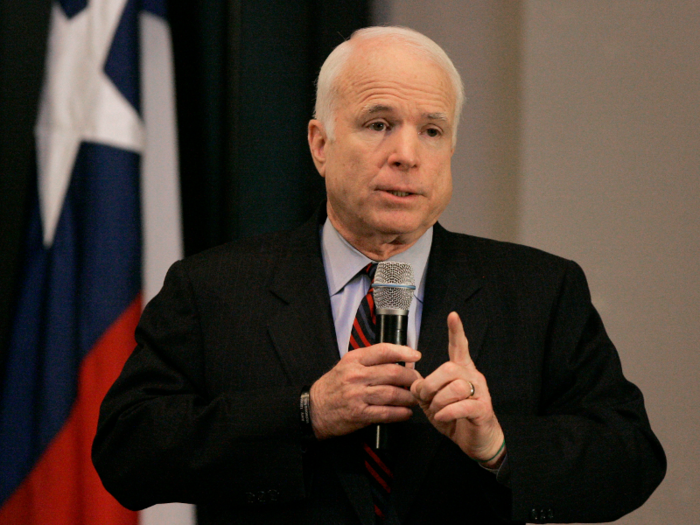
After losing to Obama in 2008, John McCain returned to the Senate, where he had been serving since 1987. McCain died on August 25, 2018 after being diagnosed and treated for brain cancer.
Sarah Palin — 2008 Republican vice presidential nominee

Former Alaska Gov. Sarah Palin remained a prominent figure in the transformation of the Republican party during the Tea Party congressional electoral waves of the Obama administration.
Since running in 2008, Palin has launched several media ventures including an online streaming channel, a television show, and a website that aggregates news from a conservative stance.
Palin became an ardent supporter of Donald Trump's election bid.
John Kerry — 2004 Democratic presidential nominee
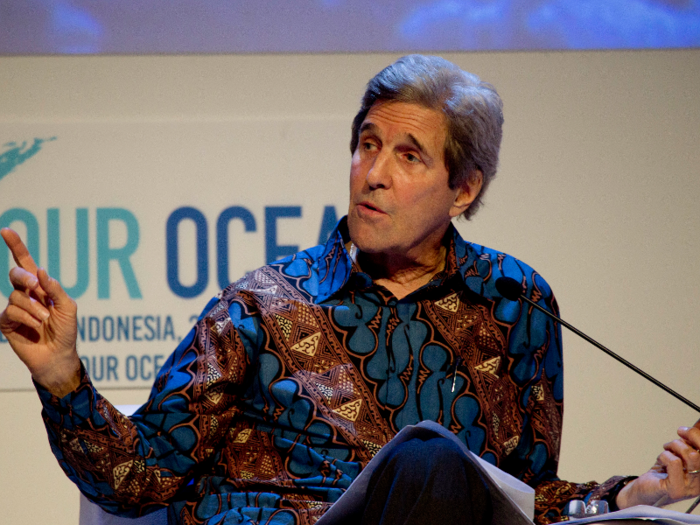
John Kerry returned to work in the Senate after failing to unseat former President George W. Bush in 2004.
In 2013, Kerry succeeded Hillary Clinton as secretary of state under Obama. In 2018, Kerry published his memoirs titled, "Everyday is Extra."
John Edwards — 2004 Democratic vice presidential nominee

John Edwards attempted his own run for president in 2008, but dropped out as his campaign floundered.
In 2011, Edwards was indicted on six felony counts of campaign finance violations, which were used to conceal an extramarital affair and child he had with a woman while his wife was dying of brain cancer.
The felony charges were all declared a mistrial except one, of which he was found not guilty. Edwards now runs a private practice law firm in North Carolina.
Al Gore — 2000 Democratic presidential nominee
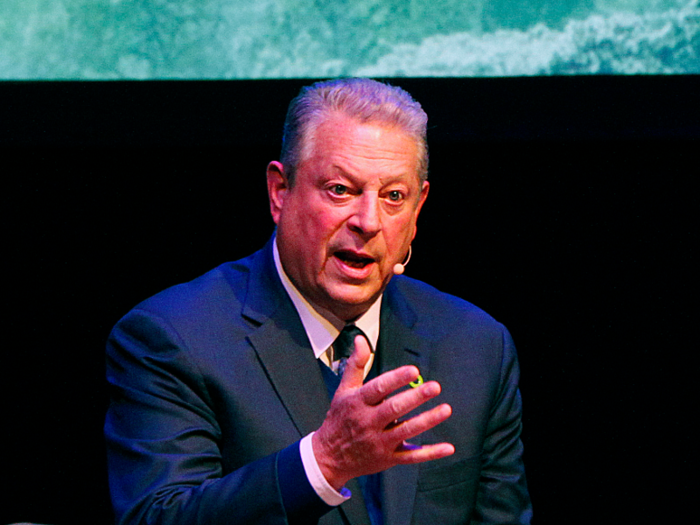
After former Vice President Al Gore lost to then-Texas Gov. George W. Bush in 2000, he made an Academy Award-winning documentary, "An Inconvenient Truth."
Gore has since been one of the world's leading advocates on stopping human-caused climate change, winning the Nobel Peace Prize in 2007.
Joe Lieberman — 2000 Democratic vice presidential nominee
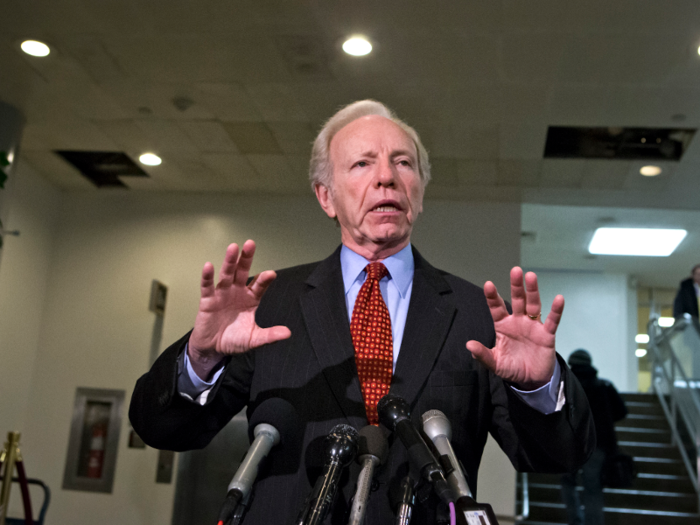
Joe Lieberman officially left the Democratic Party in 2006 after losing a primary election for his third term as a US senator from Connecticut. He became in an independent and won his third and final term in the Senate.
Lieberman has since retired from the Senate, but remained active in Washington.
In 2018, Lieberman became a lobbyist for Chinese telecommunications giant ZTE and regularly appears on cable news.
Popular Right Now
Popular Keywords
Advertisement